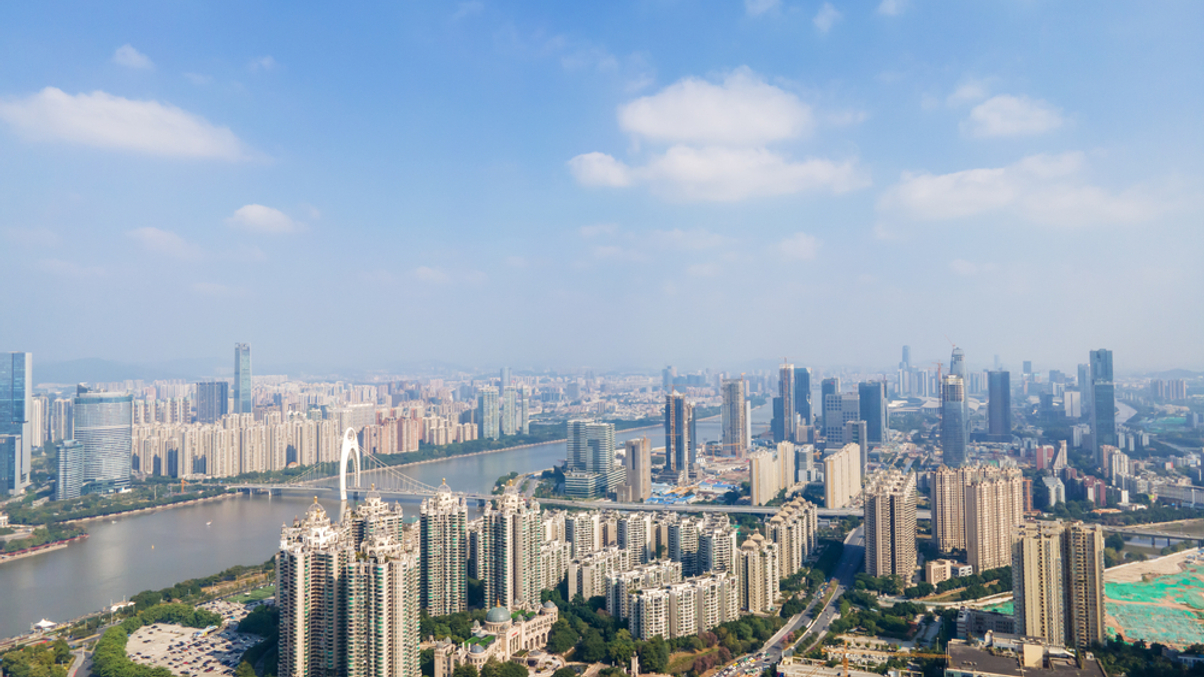HK Investment Corp, Guangdong eye joint fund for GBA projects
The Hong Kong Investment Corporation is considering partnering with Guangdong province to co-invest in Greater Bay Area projects. Meanwhile, the Hong Kong government plans to attract investments through a capital residency plan.

The new $7.9-billion Hong Kong Investment Corporation (HKIC) is considering setting up a joint investment fund with the Guangdong government to co-invest in Greater Bay Area (GBA) projects, the Hong Kong government announced on October 25.
Sign in to read on!
Registered users get 2 free articles in 30 days.
Subscribers have full unlimited access to AsianInvestor
Not signed up? New users get 2 free articles per month, plus a 7-day unlimited free trial.
¬ Haymarket Media Limited. All rights reserved.


